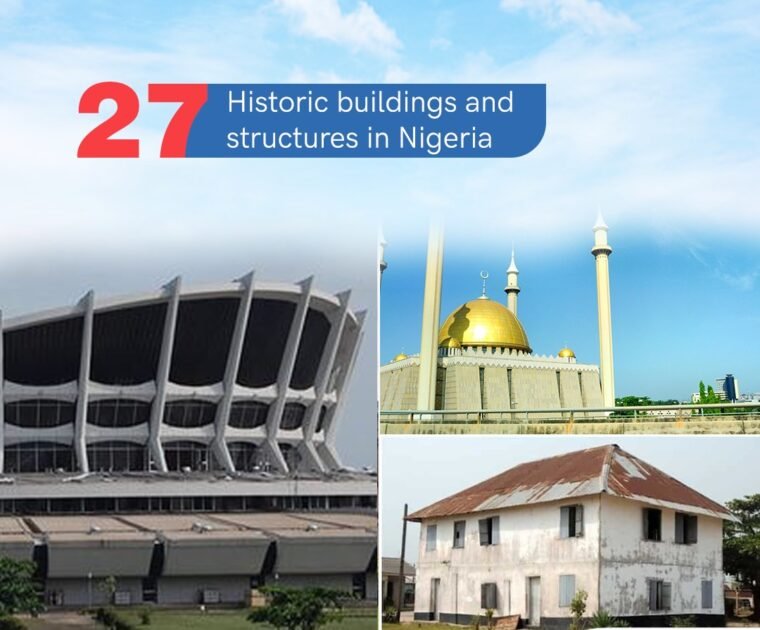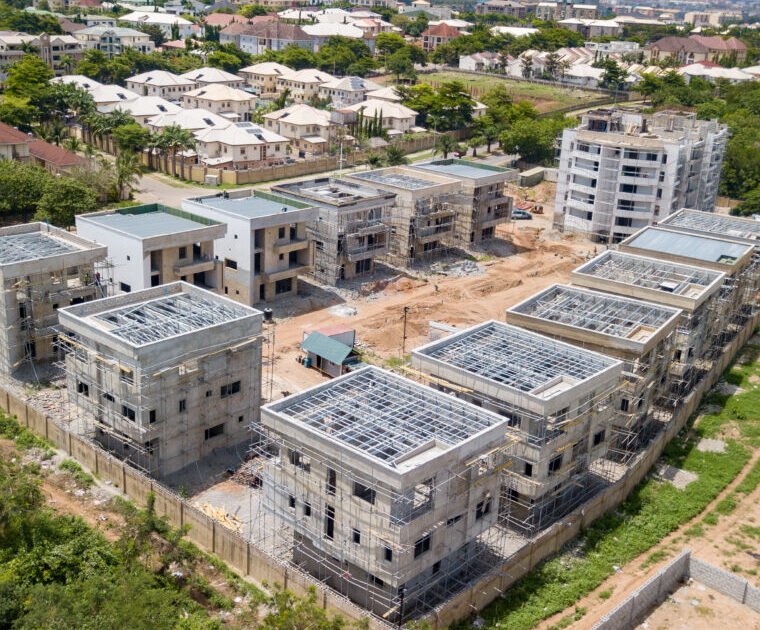Seaports have been critical to Nigeria’s economic prosperity from the colonial era and beyond. During the colonial period, the ports were built to serve as conduits for Nigerian naval trade to Europe in general and Britain in particular.
As a result, the first seaport in Nigeria, known as Calabar Port, was built at Cross River, Calabar State. The Calabar Port’s history may be traced back to the 15th-century merchants. It was an important commerce center with the rest of the world, as well as a harbor for products arriving from the north.
Various shipping companies, including M/S Palm line Agencies Limited and Elder Dempster Agencies, privately administered and operated the old port until December 1969, when the Federal Government took over the inadequate Calabar Port facilities and vested port operations to the Nigerian Ports Authority.
The port’s construction, renovation, and extension were carried out as part of the 3rd National Development Plan of 1975-1980 in order to upgrade the facilities to meet the ever-increasing demand of the Nigerian economy.
The port was also designed to be a strategic and easy access point for neighboring nations like Chad, Niger, and Cameroon. Today, the port is estimated to bring in roughly 12 billion Naira per year for the Federal Government.
Project Nigeria:
Project Nigeria Overview: 27 historic buildings and structures in Nigeria you should know
62 years of Project Nigeria: Episode 1
Episode 2: Outstanding women in the construction industry
Project Nigeria Episode 3: The first storey building in Nigeria
The 123-year-old Jaekel House
Episode 5: 3 things to know about the Ancient Kano City Walls
Sir Herbert Macaulay: Nigeria’s first Civil Engineer
Episode 8: History of the Abuja National Mosque
An overview of Mallam Aminu Kano International Airport
Cocoa House Ibadan: The first skyscraper in West Africa
Episode 12: The story of the River Niger Bridge Anambra






19 Comments